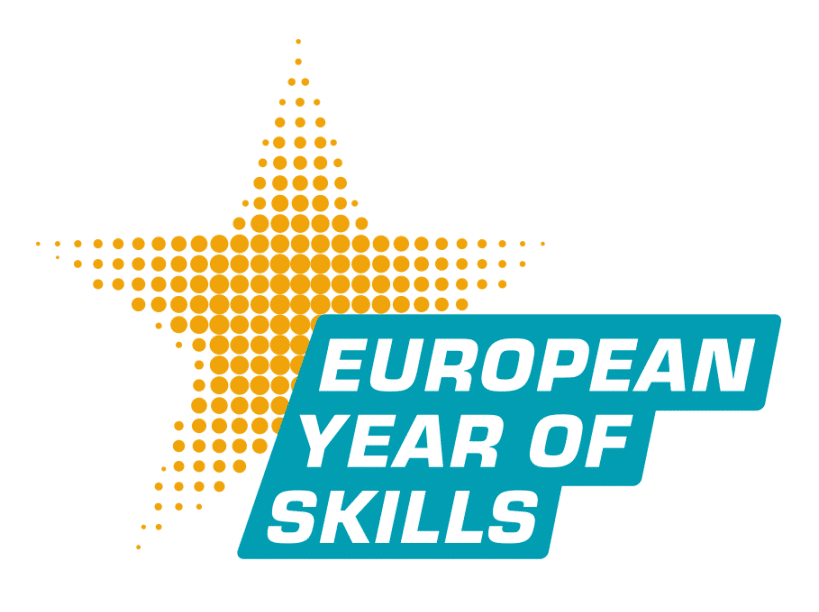
What about learning in later life?
While governments explicitly encourage longer working lives to ensure the sustainability of pensions, the participation rate of 54-64 years old to training and education remains very low and would need to be specifically targeted.
The main objective of the European Year is to upskill a qualified workforce to ensure a competitive economy and sustainable growth. However, we must not forget that, in a rapidly changing environment, lifelong learning is also essential – beyond the employment field – for social inclusion and participation at all stages of life. It allows people of all ages to adapt to the changes in society, to maintain social relationships and improve mental and physical health.
Further, accessible life-long learning policies reduce inequalities, which is in itself a factor of economic growth and democracy.
‘There are a number of publications pointing out that the potential of retired persons should be better used by increasing access to life-long learning. In some member States, AGE members mention the importance of EU funds in sustaining the availability of life-long learning opportunities and culture.’ states our AGE Barometer 2021
Read also:
- Life-long learning must be accessible at all ages – AGE Policy Paper
- EU steps up its ambitions for life-long learning – but age barriers remain
- Building a culture of life-long learning through individual credits & tailored certification
- AGE responds to EU consultation on digital education: It is more urgent than ever to reach out to older persons






